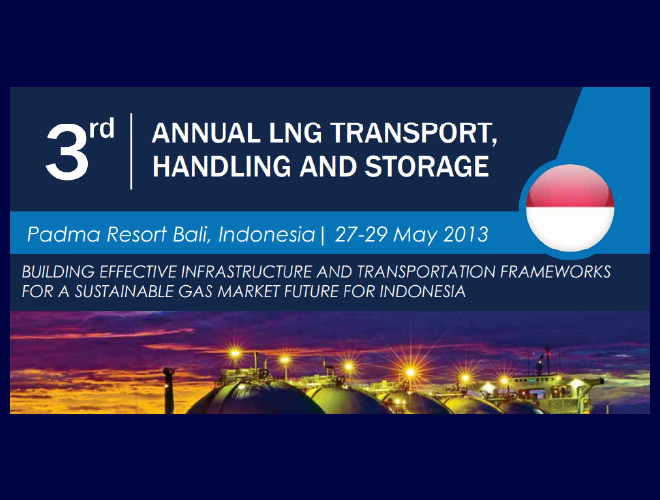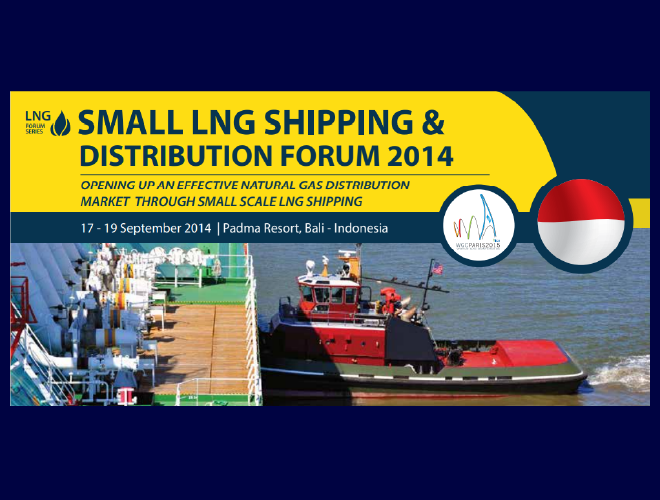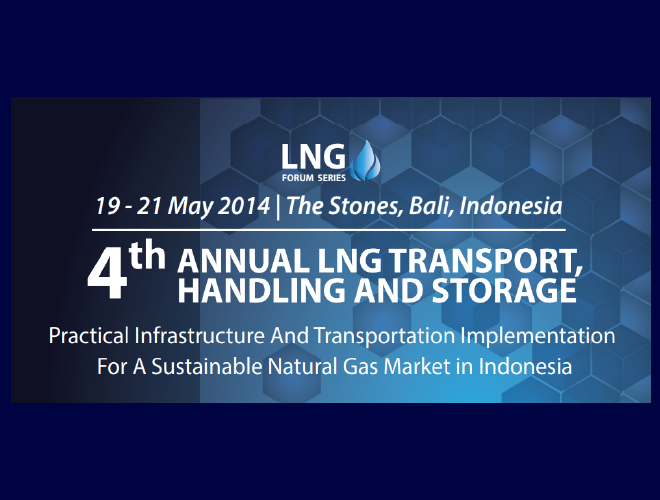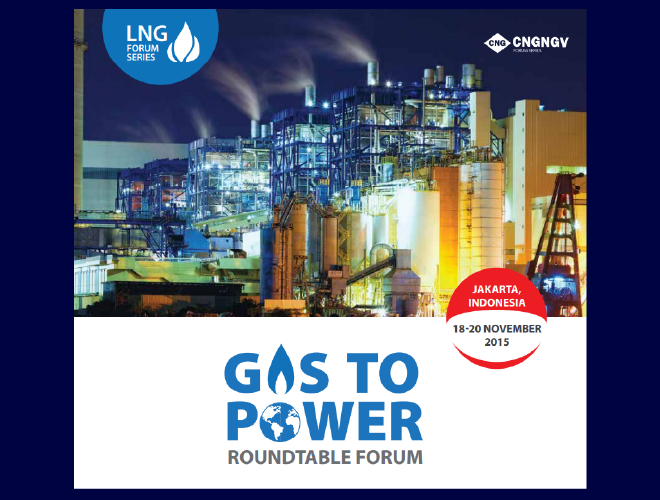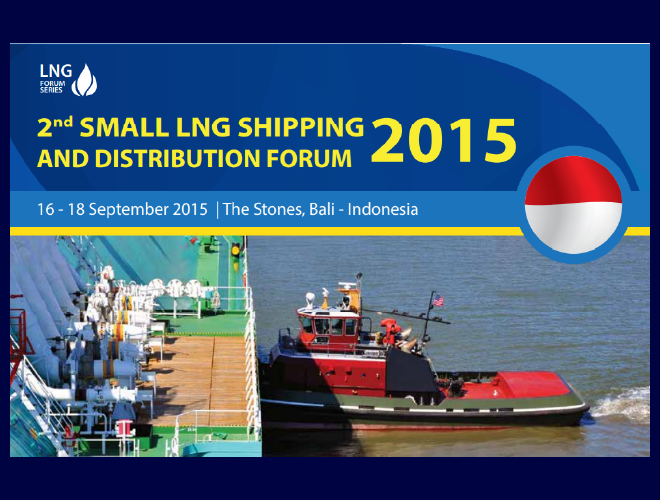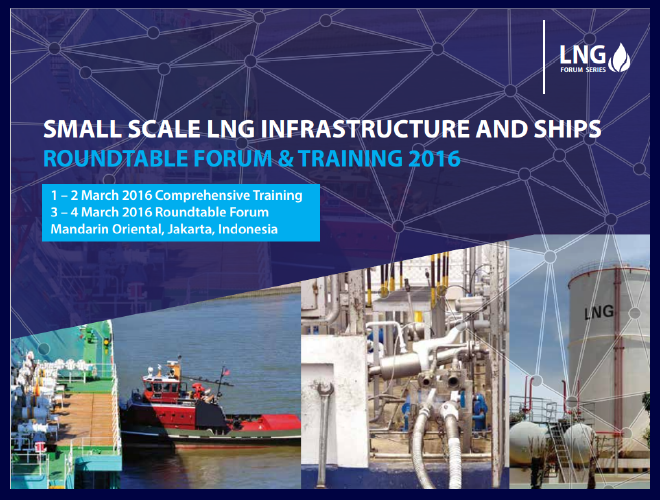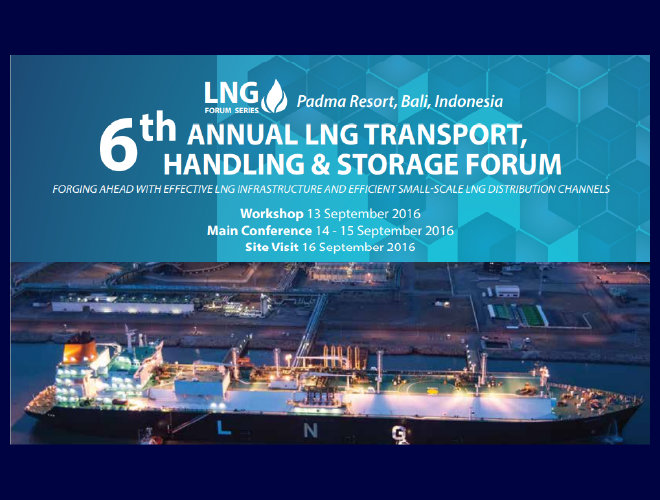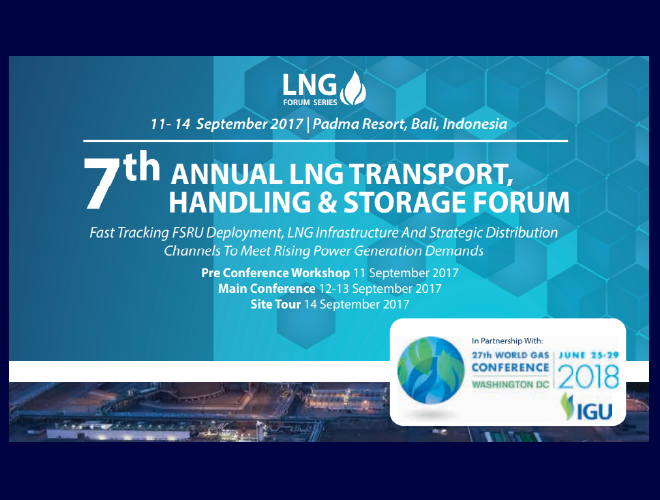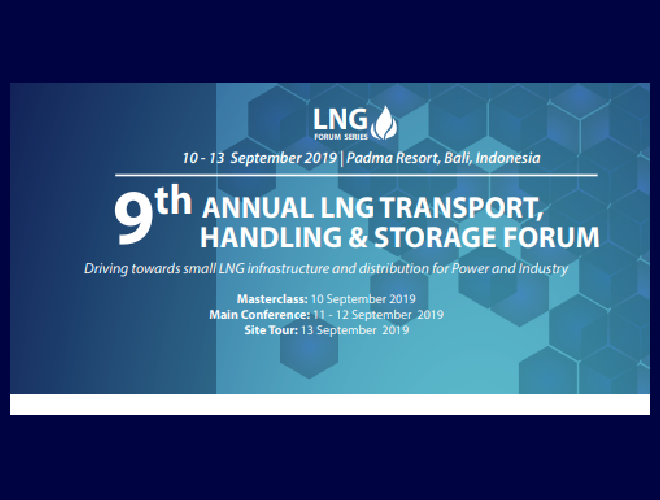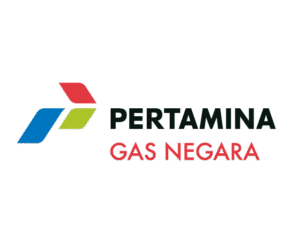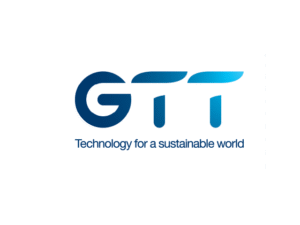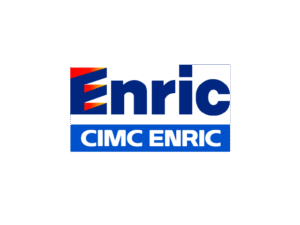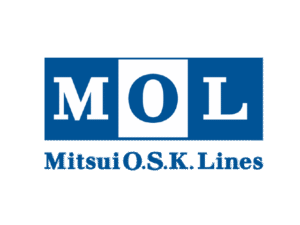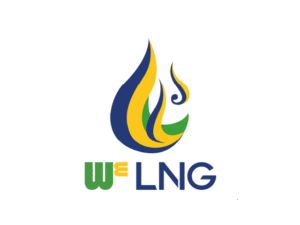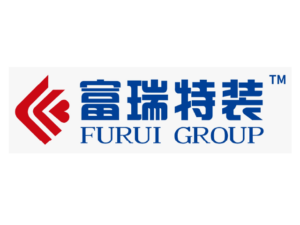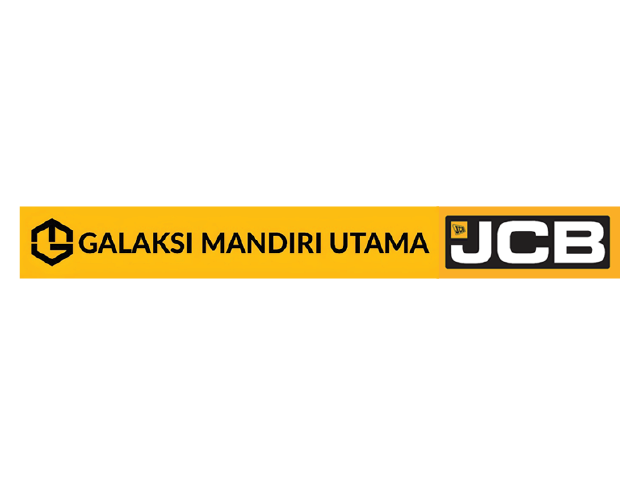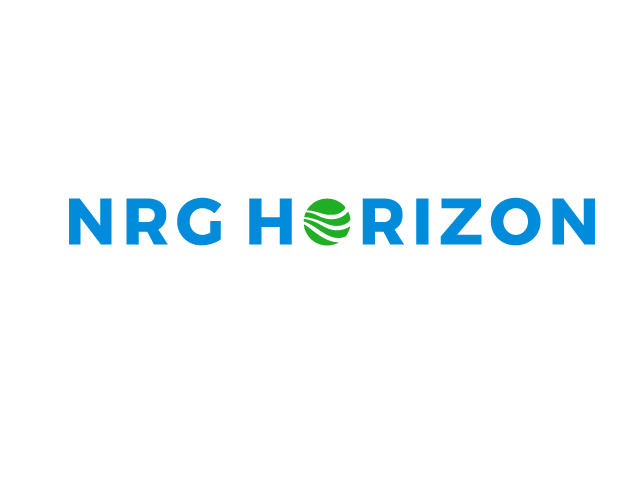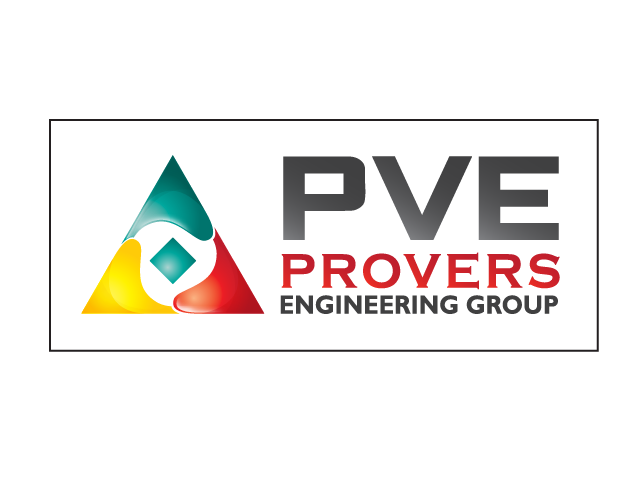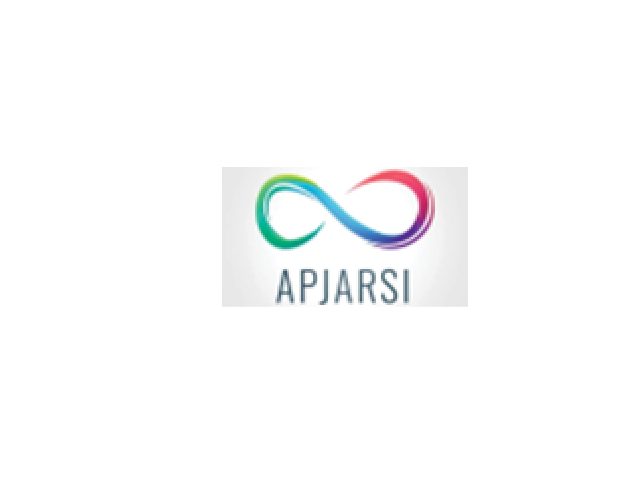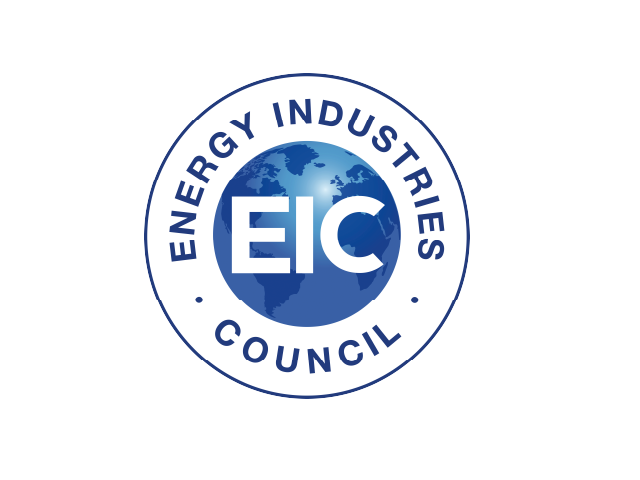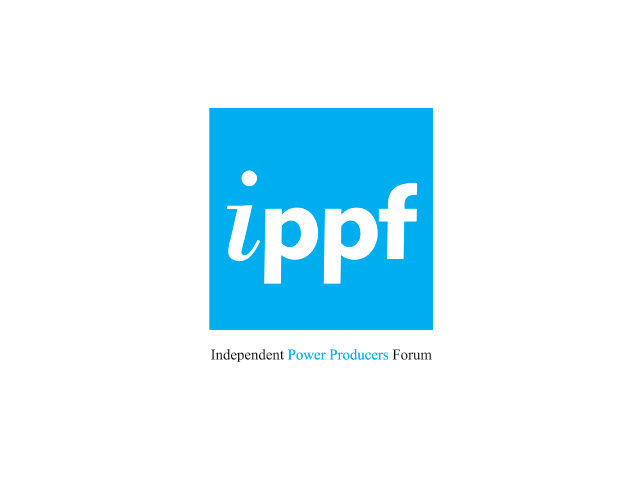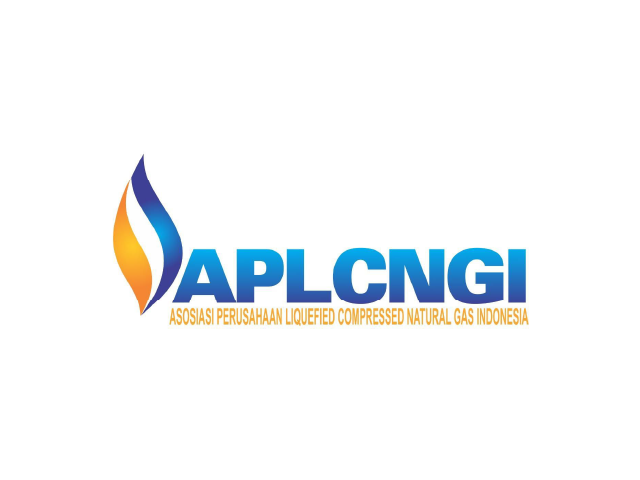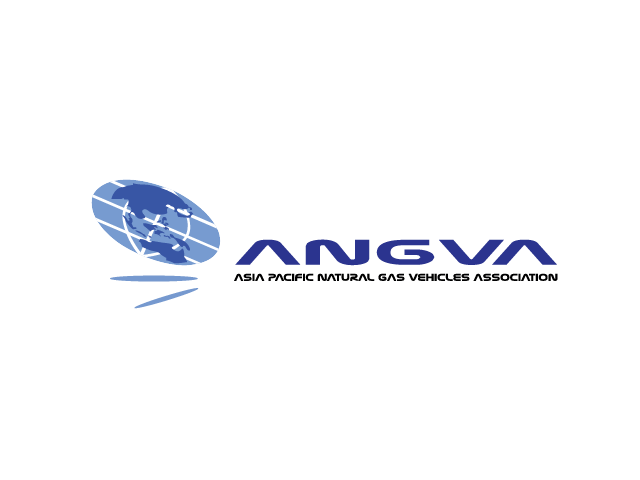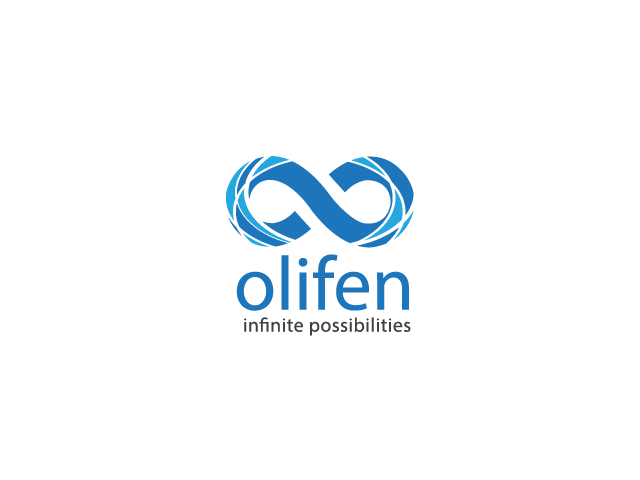Summary
Join us in Bali, Indonesia, for the 10th LNG Supply, Transport, and Storage Forum 2025, a premier event gathering industry leaders, policymakers, and innovators. Under the transformative theme “Powering Progress: Decarbonizing Indonesia’s Energy Future through LNG,” this business-critical conference emphasizes the crucial role of liquefied natural gas (LNG), including small-scale LNG (ssLNG), biomethane, and BioLNG, as catalysts in transitioning to a sustainable energy system in Southeast Asia.
As Southeast Asia experiences robust economic growth, Indonesia stands ready to lead the way in meeting growing energy demands while committing to cleaner, more sustainable solutions. This forum provides a strategic platform for stakeholders to collaborate, innovate, and develop actionable strategies to implement greener energy practices.
Why Attend?
Participating in the 10th LNG Supply, Transport, and Storage Forum 2025 provides delegates with invaluable insights into how Indonesia can achieve its clean energy goals through strategic deployment of LNG, ssLNG, and BioLNG. This event is a powerhouse of knowledge, equipping stakeholders with the tools to advance energy transition, economic growth, and environmental stewardship.
Join us in Bali to play a part in shaping a sustainable energy future for Indonesia and Southeast Asia.
Why Us?
Our experience in providing the most relevant platform via the 10th LNG Supply, Transport, and Storage Forum 2025 is deeply rooted in a history of fostering insightful discussions and collaborations within the liquefied natural gas sector. Since 2011, we’ve consistently brought together industry experts, policymakers, and innovators to address evolving challenges and opportunities in energy markets. Our track record includes successful forums that have delved into critical issues such as supply-demand dynamics, infrastructure development, and emerging technologies. By emphasizing strategic priorities such as LNG’s role in decarbonization and energy security, we’ve created platforms that not only encourage knowledge sharing but also inspire action towards sustainable energy solutions. This accumulated expertise and commitment to advancing the industry’s objectives empower us to continue facilitating meaningful dialogues and partnerships that drive progress in Indonesia and across Southeast Asia.
Past Events
WORKSHOP A & B 26 May 2025
WORKSHOP A (09:00 – 12:00)
LEVERAGING
SOCIAL NETWORK FRAMEWORK FOR STRATEGIC STAKEHOLDER MAPPING IN THE LNG INDUSTRY
Executive Summary:
In the LNG and energy sectors, effective stakeholder mapping and engagement are crucial for project success. This session, led by Dr. Rendy Ananta Prasetya, emphasizes the importance of Social Network Analysis (SNA) as a tool for identifying and managing key stakeholders within the LNG industry in Indonesia. SNA provides a structured approach to understanding relationships and influences among various stakeholders, including government bodies, private companies, local communities, and environmental groups.
The presentation
will cover the fundamentals of SNA and its application in the LNG sector,
detailing how this methodology can uncover hidden influencers, optimize
communication channels, and anticipate stakeholder reactions to project
developments. By analysing stakeholder networks, companies can tailor their
engagement strategies to minimize conflicts, foster collaboration, and enhance
project outcomes.
Using real-world
case studies from Southeast Asia, Dr. Prasetya will illustrate the tangible
benefits of adopting SNA in stakeholder mapping, including improved project
timelines, reduced risks, and enhanced community relations. The session will
also highlight the role of digital tools in facilitating comprehensive
stakeholder analysis and monitoring, making the process more efficient and
effective.
Attendees will
gain insights into implementing SNA within their organizations, learning how to
leverage this powerful tool for better decision-making and strategic planning.
The discussion aims to demonstrate that systematic and data-driven stakeholder
management is not only feasible but also commercially beneficial, ultimately
contributing to the success and sustainability of LNG projects in Indonesia.
Facilitated
by:
Dr. Rendy Ananta Prasetya, Lecturer, University of Indonesia (UI), Sekolah Tinggi Intelijen Negara (STIN) and Sekolah Tinggi Ilmu Kepolisian (STIK-PTIK)
Director, Indonesian Social Network Analysis Researcher Association (APJARSI)
About:
Dr. Rendy Ananta
Prasetya is an accomplished academic and professional with a strong background
in Anthropology and Defense Studies. He holds degrees from prestigious
institutions such as Universitas Indonesia and Universitas Pertahanan. His
educational journey includes a Bachelor’s degree in Anthropology, a Master’s in
Law, and a Doctorate in Defense Science. Throughout his career, Rendy has
focused on social network analysis and its applications in various fields,
showcasing his ability to integrate anthropological insights with practical
strategies for defense and intelligence.
He holds
teaching roles at prominent institutions like Universitas Indonesia and the
School of Intelligence Studies, where he imparts knowledge on social network
analysis and its relevance to political and social dynamics. Rendy’s work
emphasizes the importance of understanding complex systems and networks to
address contemporary challenges.
Rendy’s
professional experience extends beyond academia into practical applications of
his research. He has been involved in community development projects and has
managed research in international trade negotiations and economic policies. His
diverse skill set and interdisciplinary approach enable him to contribute
valuable insights into policymaking and strategic planning. He was a Community
Development officer at BP West Java (Pertamina Hulu Energi ONWJ)
GAS/LNG TO POWER: MAKING SOLAR DEPENDABLE
The integration of renewable energy sources, particularly solar, into national and regional power grids is crucial for achieving sustainable energy goals. However, the inherent intermittency of solar power poses challenges in maintaining a stable and reliable electricity supply. This comprehensive masterclass, “Gas/LNG to Power: Making Solar Dependable,” is designed to equip energy professionals, policymakers, and industry stakeholders with the knowledge and strategies needed to effectively marry gas and LNG infrastructure with solar energy systems, turning a variable resource into a dependable power solution.
Nor Aslam Khan, Director, NEWGAS PTE LTD
About:
Nor Aslam Khan has been in the LNG industry since 2001 and is a Director of newGAS Pte. Ltd., a consultancy focusing on LNG Shipping and developing concepts and projects for floating LNG technology ranging from Liquefaction, Regasification and “LNG to Power”. The main focus of newGAS is to independently develop and propose solutions ideal for clients. newGAS has also participated in assessing and developing CNG technologies and projects. Prior to starting up newGAS in 2008, Nor Aslam was the General Manager for Business Development for MISC Berhad. He joined MISC in 2000. He started his career as an E&P Operations Engineer with the Shell Group.
